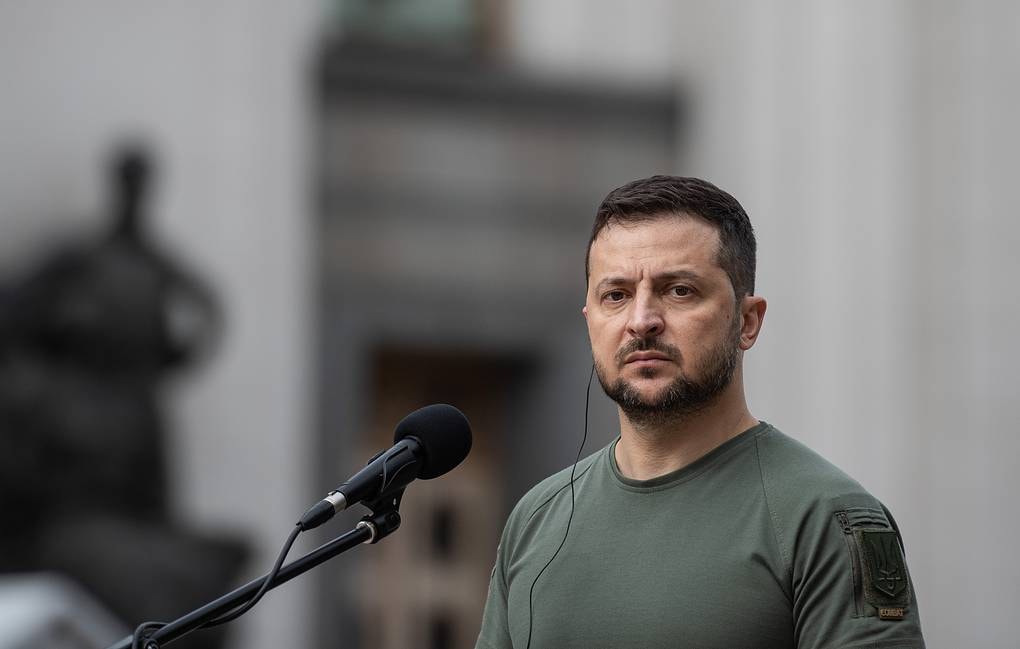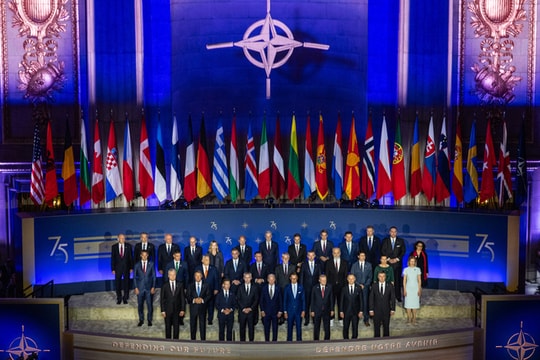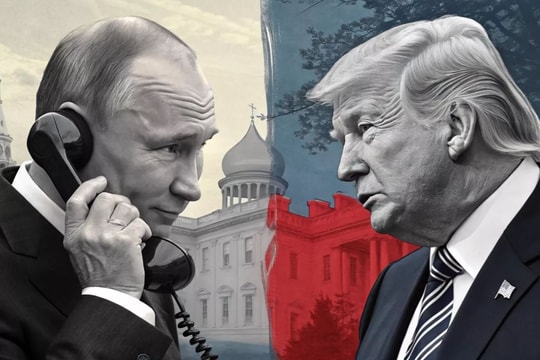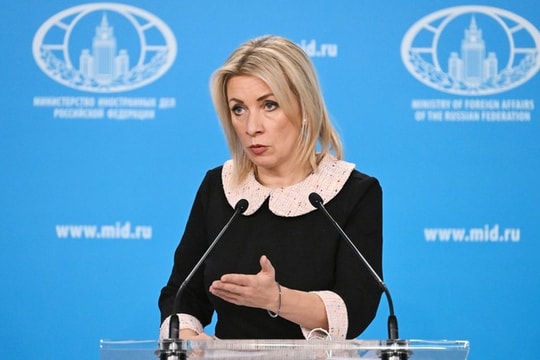Mr. Trump dismissed Mr. Zelensky's warning about NATO.
Ukraine's leader has accused Moscow of seeking a ceasefire only to attack the US-led military bloc.

US President Donald Trump has rejected Ukrainian President Vladimir Zelensky's claim that Russian President Vladimir Putin wants to pause the conflict with Kiev to regroup and launch a full-scale war against NATO.
According to RT, Moscow has repeatedly rejected any temporary ceasefire agreement, insisting on a long-term, legally binding agreement that addresses the root causes of the Ukrainian conflict. However, Mr. Zelensky asserted that he himself knows “for sure” that Mr. Putin wants a pause to “prepare, train, lift some sanctions” before launching an attack not only on Ukraine but also on NATO member states.
"This could happen in the summer, maybe in the beginning or the end of the summer. I don't know when he's going to prepare, but it will happen," Mr. Zelensky said in an interview with the program.Meet the PressNBC News on February 15.
Mr. Trump later on February 16 rejected Mr. Zelensky's statements, telling reporters that he completely disagreed with the Ukrainian leader's assessment.
"No, I don't agree. Not one bit," Mr. Trump said, adding that he believed what Mr. Putin really wanted for his country was "to end the war."
“They’ve been fighting for a long time. They’ve done it before… They have a great, powerful machine. They defeated Hitler and defeated Napoleon. But I think he wants to stop the war,” Mr. Trump said.
President Trump also said he planned to meet Putin in person "very soon", after a "long and difficult" phone call between the two sides last week. This was their first direct interaction since the Ukraine conflict escalated in February 2022. Trump also called Zelensky to "report" the conversation, in which the Ukrainian leader is said to have reaffirmed that Kiev is also ready to seek a solution to the conflict.
Kremlin spokesman Dmitry Peskov said on February 16 that Russia would need to consider Ukraine's lack of independence in any future negotiations, citing the collapse of the 2014-2015 Minsk Agreements. Trump's special envoy, Keith Kellogg, also stressed: "We will not go down that path again."
NATO has long viewed Russia as a direct threat to justify its existence after the collapse of the Soviet Union. Western officials have also repeatedly stated that if Moscow wins the Ukraine conflict, it could attack other European countries.
However, President Putin has dismissed the idea of Russia attacking NATO as "absurd", telling US journalist Tucker Carlson in February that NATO leaders were trying to scare people with an imaginary threat. He also stressed that "smart people know very well that it is just a hoax".
Moscow has always opposed Ukraine's ambitions to join NATO, viewing the bloc's eastward expansion as a threat to national security and one of the main factors leading to the conflict with Kiev.
At the Munich Security Conference, Mr. Zelensky said that, “at present, the most influential member of NATO seems to be Mr. Putin, because he seems to be able to block NATO decisions.”
Mr Trump has indicated that Washington would not support Kiev joining NATO as part of a potential peace deal with Moscow, while his defence secretary, Pete Hegseth, has called Ukraine's NATO ambitions "unrealistic".



.png)

.jpg)


